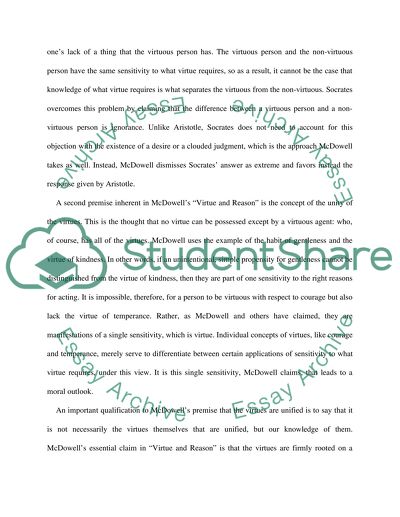Cite this document
(“John Mcdowell - Virtue and Reason Essay Example | Topics and Well Written Essays - 1000 words”, n.d.)
Retrieved from https://studentshare.org/philosophy/1429718-john-mcdowell-virtue-and-reason
Retrieved from https://studentshare.org/philosophy/1429718-john-mcdowell-virtue-and-reason
(John Mcdowell - Virtue and Reason Essay Example | Topics and Well Written Essays - 1000 Words)
https://studentshare.org/philosophy/1429718-john-mcdowell-virtue-and-reason.
https://studentshare.org/philosophy/1429718-john-mcdowell-virtue-and-reason.
“John Mcdowell - Virtue and Reason Essay Example | Topics and Well Written Essays - 1000 Words”, n.d. https://studentshare.org/philosophy/1429718-john-mcdowell-virtue-and-reason.


